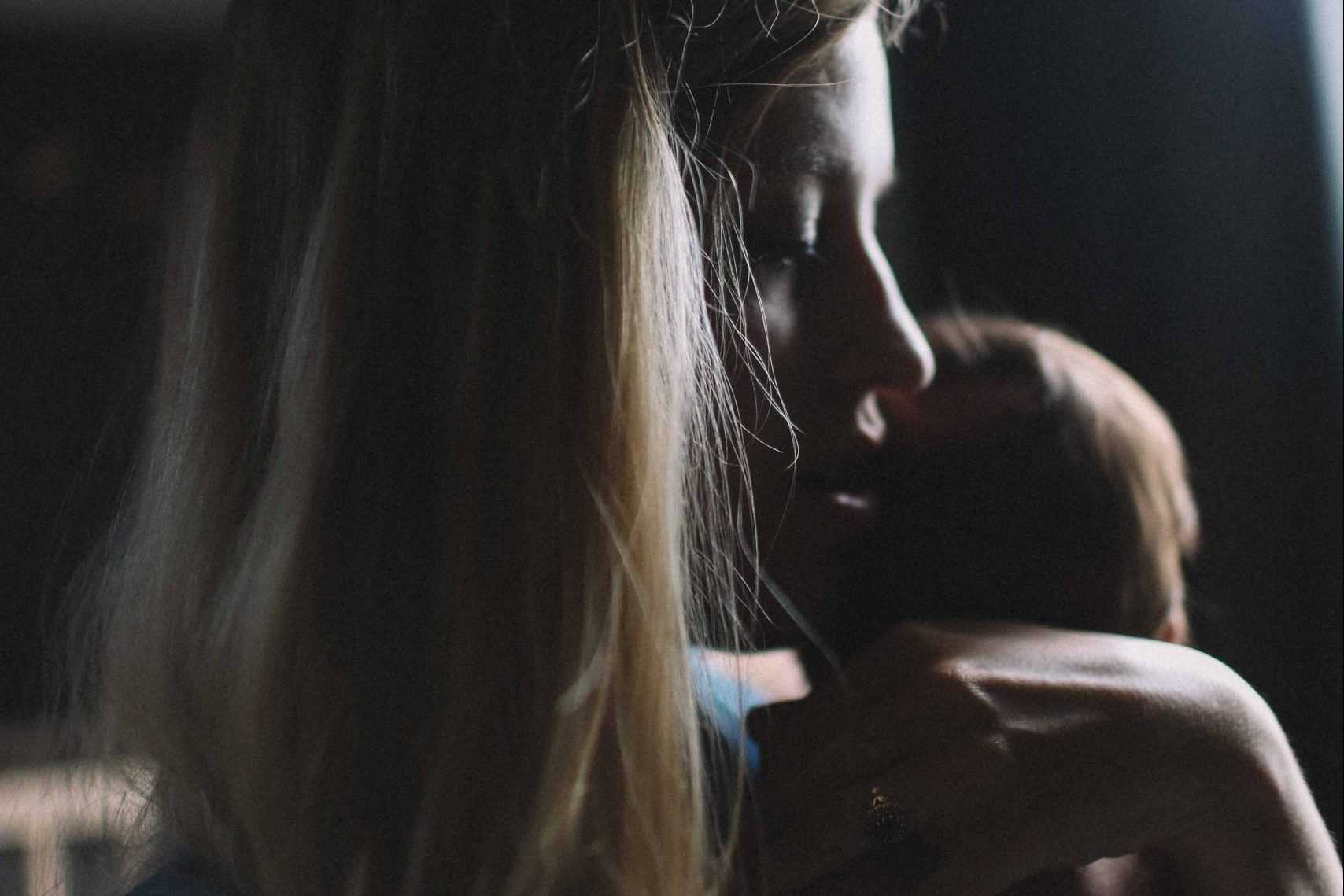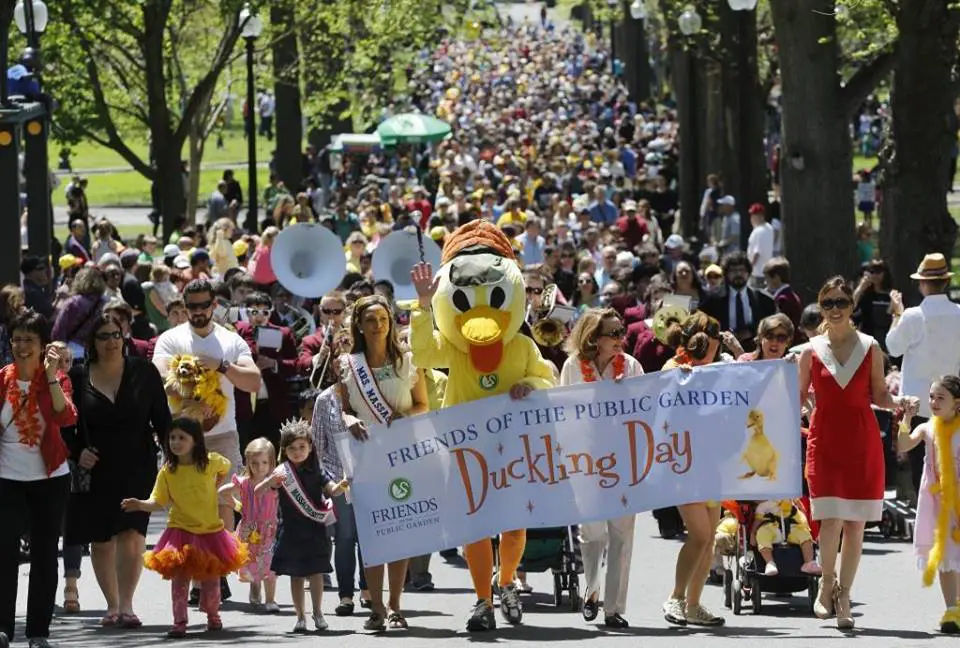
Ask a roomful of moms what their greatest parenting fears are, and you’ll hear a variety of answers. Accidents and injuries. Illness or disease. Bullying. Kidnapping.
But for me? My number one worry is substance use, abuse, and addiction. My biggest fear for my children is that one of them will suffer from a substance use disorder. And what’s worse, I can picture this fear in detail. I’ve lived and witnessed it as a sibling to a wonderful individual who was loved and cared for and still fell victim to this horrible disease as a young teenager. A disease that will be with them forever, despite the blessing that sobriety has brought them in recent years — and that I pray every day remains with them.
I’ve never told anyone this, but I believe my experience growing up with a sibling with a severe substance use disorder caused me actual trauma.
It’s hard for me to hear from loved ones that one of my children reminds them of my sibling. Because it’s true. I see it, too. And as much as some of it is the beautiful, clever parts of my sibling, it scares me!
But then I take a pause and remind myself that I am writing a different story. My husband and I are raising different children in a different family at a different time. My parents did their best, and it was completely different than my best. I don’t know if my parents worried about things like substance abuse ahead of their experience, like I do, but I do know that we’re living in a time when talking about mental health and substance use is much less taboo. I’m reading and learning and doing what I can, and that has got to count for something.
So what am I doing to tackle this fear?
I am learning about the risk factors for substance use disorder. One of the best things we can do to address something before it happens is to become familiar with the risk factors that may be present and that could make the feared outcome more likely. This is not easy. Especially when you go through a list of risk factors and realize they all seem to be present! But it is an important part of the process if we want to be prepared and not live in an “ignorance is bliss” fantasy world.
Some of the risk factors associated with substance use disorder include family history of substance use disorder (including alcoholism or illicit drug abuse), family history of major mental health challenges (including depression, anxiety, bipolar disorder, and more), experiencing social anxiety or having trouble fitting in, ADHD, impulsivity, propensity to seek out and engage in risky behaviors, and participation in high-contact sports (in particular at the high school and college level).
Checking any one of these does not guarantee your child will become dependent on or even try any substances. But I encourage all parents to seek this information out and become familiar with it, regardless of whether this is your biggest fear, too.
And what am I doing to prevent substance use by my children?
First, I’m learning. But most importantly, I am planning to be as open with them as possible and implement any tools I learn along the way.
If my husband and I are writing a different story for our family, then we need to commit to that and make sure we don’t fall into old patterns that might be familiar from our childhoods and may seem innocuous but could be harmful. Here are some of the potentially useful prevention measures I plan to use — feel free to try them, too!
Open communication
This means not shying away from difficult topics and not lecturing or being judgmental. The more we ensure our kids feel safe asking questions and broaching topics, the more they will continue to do so and the more they will actually listen to our views.
Honest communication
This means being honest about any family history, risk factors, and, depending on your children’s ages, the truth about whether or not you have used substances before (including drinking before legal age). There’s a caveat, though — you want to make sure not to romanticize the use if you are going to be honest about it. Do not make it sound to your child like your years of underage drinking and experimenting with drugs were the most fun you ever had. This might backfire!
Family contract
Sit down as a family, perhaps at different developmental stages — elementary school, middle school, high school, college — and come up with rules and expectations that everyone understands and can commit to. This can be easier said than done if you are starting when your child is already a teenager. If you start early, you will be well positioned to make this a family tradition and an opportunity for everyone to learn together. The family contract can also include things like a parent promise to the children that they can always call home for a ride if they feel unsafe or unsure, no questions asked.
Provide true and clear information
Based on your children’s ages, talk to them about drugs and alcohol, the dangers of using them, and the effect they can have on developing brains and bodies. Come prepared to these discussions with true, factual information, including statistics and rates, if age appropriate. It doesn’t have to be your word against theirs — you can show them the research.
Scripts
Arm your children with options for what to say when they are offered drugs or alcohol and they want to say no or leave. Yes, saying, “No, thanks” should be sufficient, but we all know it’s not that simple. The script ideas can be as simple or as complex as you want, and your kid can then choose whatever works for them in the moment.
These are not easy steps to take. For now, I know I’m doing my best, and I’m loving, listening, and supporting my kids in any way I can. I am open with them, and, so far, they feel comfortable coming to me with hard questions. All I can do is hope this continues as long as possible, and rely on strategies and tools that can help. To all the parents who are also tackling their parenting traumas and fears, good luck — we’ve got this!
If you’re looking for a great resource, I highly recommend the book “The Addiction Inoculation” by Jessica Lahey. It’s chock full of information and tools.












